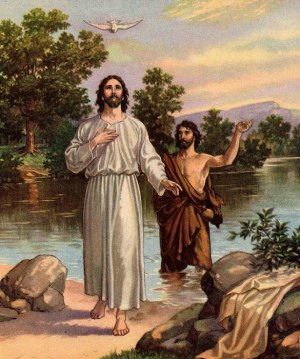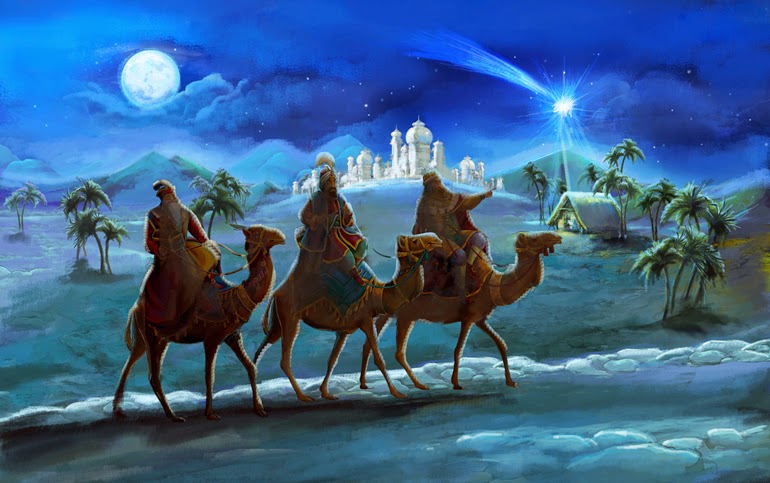Reflection for Friday of the Third Week in Ordinary Time Year A
(2Sam 11:1-4, 5-10, 13-17; Mk 4:26-34)
THE FALL
Our beloved King David has fallen into a grievous sin. Like the little dialogue that grew into the great fall of Adam and Eve, David's evil act germinated almost unnoticed. The King who was chosen to lead his people at war made one easy wrong turn, and decided to stay at home! Idleness germinated loneliness. The emptiness of loneliness sought for fulfilment, but found nakedness! The eye is the gateway of lust. David fell in the trap of Eve: ‘it was beautiful to behold.’ Now the emptiness within is no more dormant; it has become an active desire. “And David sent and inquired of the woman…So David sent messages, and took her; and she came to him, and he lay with her.”
He thought it was ended. But he was summoned to take responsibility for his choices. Then the King realized he ignored his duty and indulged in irresponsibility. What he did to find rest kept him restless! He spent more energy to covered up, got more people involved, and the series of sin increased: lies, deceit, drunkenness and murder!
The BURDEN
Yes, Uriah the Hittite died! It is in him we behold the ugliness of David’s sin. The man who was fighting to defend the kingdom was killed by the one who suppose to protect him! He died because he was honest and committed. Like a little child he delivered his own death sentence; with zeal he carried his death like good news to Joab! Uriah died because he was obedient. Therefore, David killed all the virtues Uriah portrayed. Consumed by lust and guilt, he wished Uriah was the opposite. Sin is a parasite. It feeds on the good. And death is its ultimate consequence.
FROM THE GROUND
From the very domain of death, Jesus raises us to life. So grace to overcome sin is enough; the life of heaven is scattered like seed among us that we might escape the trap of sin. So Jesus tells us the parable of the scattered seed and the mustard seed. As sin rises gradually, so this grace of the Kingdom of heaven sprouts, rising from the ground, towering up above, producing full grain for an immediate harvest, and giving shelter in charity.
Thus, if we are carried on the shelters of the Kingdom of heaven, we will rise above sin. It neutralizes the terror of idleness and loneliness, and engages us in dutiful and responsible living.
Fr Jude Nwachukwu, C.Ss.R
Saints Peter and Paul Catholic Church.
Tedi-Muwo, Lagos.
Friday 31st January, 2020.









